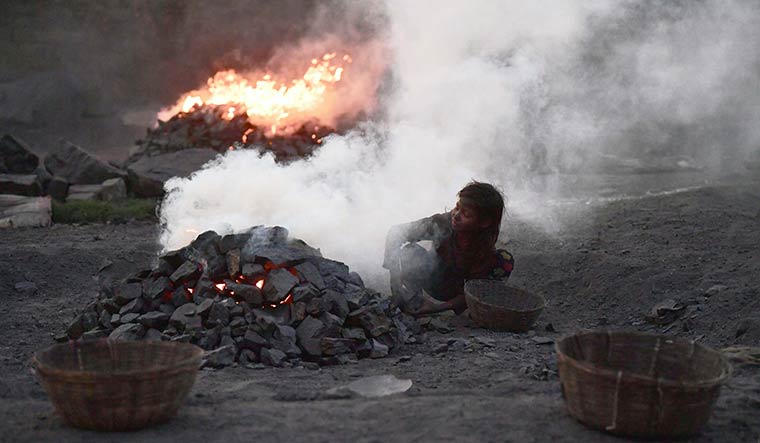United Nations General Secretary Antonio Guterres delivered a powerful message to the international community on Tuesday: Cancel all planned coal projects globally and end the “deadly addiction” to coal.
Addressing members of the Powering Past Coal Alliance, the UN chief stressed that keeping temperature rise to 1.5 degrees Celsius above pre-industrial levels is achievable over this decade.
“Once upon a time, coal brought cheap electricity to entire regions and vital jobs to communities. Those days are gone”, he said in a video message. “Phasing out coal from the electricity sector is the single most important step to get in line with the 1.5-degree goal.”
“Today, I am calling on all governments, private companies and local authorities to take three steps..first, cancel all global coal projects in the pipeline and end the deadly addiction to coal. Second, end the international financing of coal plants and...third, jump-start a global effort to finally organise a just transition [for coal industry workers], going plant by plant if necessary,” he said.
However, a day after his speech, the International Energy Agency chief has said it would not be fair to ask developing nations to stop using coal without giving them international financial assistance.
"It wouldn't be fair to go to a developing country and to say 'your coal is creating a problem for the climate change, so shut it down'. It wouldn't be fair and I am not a supporter of that," Fatih Birol said on Wednesday.
"Yes we need to get out of coal but it is a shared responsibility of all countries around the world. We need to support, as an international community, those countries and communities who would face serious economic challenges as a result of leaving coal behind,” he added.
ALSO READ: For a fistful of coal
Noting that developing nations like India depend on coal for 60 per cent of their energy, he said coal and associated sectors are major employment generators. "For example in India, Coal India Ltd or even the Indian railways carrying coal is a big source of employment. Many people get their daily bread from coal," he said.
"Therefore it is extremely important on how we on one hand get out of the coal and at the same time do not have a negative impact on emerging markets,” he said. “How we make this transition needs on one hand domestic governments to move and make the right decisions, and at the same time we need some change support from the international financial architecture."
In 2020, India opened up coal mining to private firms, including those with no prior experience in coal. The first round of auctions for coal mines for private players raised around Rs 7,000 crore for the government.
India is not a member of the Powering Past Coal Alliance, which includes 36 national governments including large economies like Canada, France, Germany, and the UK, as well as corporations including the Virgin Group and Salesforce.
The PPCA was founded by the UK and Canada in 2017. The UK has particularly made strides towards ending its reliance on coal, targeting ending coal burning in power plants by 2024. However, the country sparked controversy after recently allowing a new coal mine to be built in Cumbria.
PPCA members commit to ending coal burning for power by 2030 in developed nations, and to reducing it by 80 per cent globally.
India aims to increase its share of renewable energy in national energy consumption to 40 per cent by 2030.
With inputs from PTI




